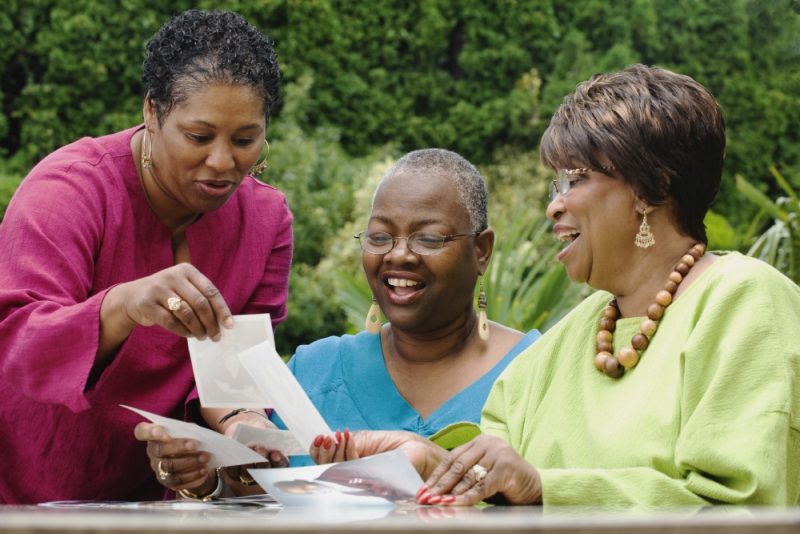Last October, Tara Parker-Pope’s article in the New York Times “Well” Section highlighted a troubling milestone in the decades-long rise in breast cancer in African American Women. In fact, incedence of breast cancer has been on a steady rise for the past quarter century due to a complex array of trends, both nationally, and in African American communities.
A Breast Cancer Milestone We Can Reverse!
Here’s an excerpt from Tara Parker-Pope, A Grim Breast Cancer Milestone for Black Women, New York Times, Well, October 29, 2015.
“It is a crisis,” said Marc Hurlbert, chief mission officer for the Breast Cancer Research Foundation. “The increasing incidence is unfortunate because the mortality rate for black women is already so much higher, and now if more women are getting breast cancer, then unfortunately, the number of black women dying from the disease will go up.”
Over all, the report painted a grim picture of the state of breast cancer in African-American women, showing that advances in diagnosis and treatment that have sharply improved survival rates from breast cancer and saved countless lives have largely bypassed African-American women. By virtually every measure of the disease — age of diagnosis, age of death, stage of diagnosis — black women are at a significant disadvantage compared with white women, the data show. (End excerpt.)
The Importance of Early Detection
 I’m particularly sensitive to this statistical milestone as a women’s health specialist fighting against this trend by empowering women to schedule annual mammograms with their physical exam. My message is simple: take early detection of breast cancer seriously. My work in under-served communities brings me face to face with the real-life dynamics complicating even the simplest steps toward early detection. Yet, I’m hopeful that by keeping the message front and center, we might reverse this troubling trend and the higher rates of mortality that accompany it.
I’m particularly sensitive to this statistical milestone as a women’s health specialist fighting against this trend by empowering women to schedule annual mammograms with their physical exam. My message is simple: take early detection of breast cancer seriously. My work in under-served communities brings me face to face with the real-life dynamics complicating even the simplest steps toward early detection. Yet, I’m hopeful that by keeping the message front and center, we might reverse this troubling trend and the higher rates of mortality that accompany it.
No matter your age, if it’s been longer than 12 months since your last mammogram, you should schedule your physical examination and mammogram as soon as possible. There’s no better way to celebrate your birthday than to schedule your annual check-up and mammogram at around the same time.
(Excerpted and paraphrased from Tara Parker-Pope, A Grim Breast Cancer Milestone for Black Women, New York Times, Well, October 29, 2015.)
The reasons for the increase in breast cancer rates are complex and are thought to be driven largely by rising obesity rates among African-American women. Researchers also believe that changes in reproductive patterns may play a role, as more African-American women delay childbirth and have fewer children. Both are recognized risk factors for breast cancer.
Black women are given breast cancer diagnoses at younger ages and die from the disease at younger ages than white women, suggesting that the disease may exact a greater economic and family toll on blacks by stealing more of a woman’s most productive years. The median age at diagnosis is 58 for black women and 62 for white women. The median age for breast cancer death is 62 for black women and 68 for white women.
The data for the report was obtained from the Surveillance, Epidemiology, and End Results (SEER) program of the National Cancer Institute, a program that has been collecting information on cancer patients since 1973.
For more background on breast cancer trends in the African American community, read a previous article by Tara Parker-Pope, New York Times article.
http://well.blogs.nytimes.com/2014/03/03/the-breast-cancer-racial-gap/?login=email
For more information about the research behind this milestone, read her full article here.
Don’t put off scheduling your next annual physical and mammogram. At Women’s Health of Chicago, we can do both right here in the same office, often without having to schedule a separate appointment. It could be a matter of life and death for our sisters and loved ones. Spread the word!


